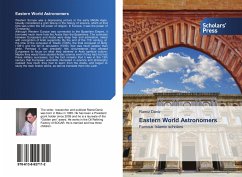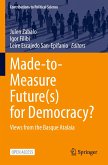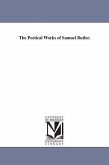Western Europe was a depressing picture in the early Middle Ages. Usually considered a grim failure in the history of science, which at that time was under the full power of religion. In Europe, it was the power of Christianity.Although Western Europe was connected to the Byzantine Empire, it borrowed much more from the Arabs than the Byzantines. The contrasts between Europeans and Arabs were deep fear and admiration, mixed with recognition of Arab superiority. By the end of the 11th century, at the time of the conquest of Toledo (1085), the final conquest of Sicily (1091) and the fall of Jerusalem (1099), fear was much weaker than white. Perhaps it was precisely this circumstance that allowed Europeans to focus on what they admired in Arab spiritual culture. Maybe they would have studied Arabic science even if they had not had these military successes, but the fact remains that it was in the 13th century that European scientists interested in science and philosophy realized how much they had to learn from the Arabs, and began to study the main Arabic works, as well as translate them into Latin.








